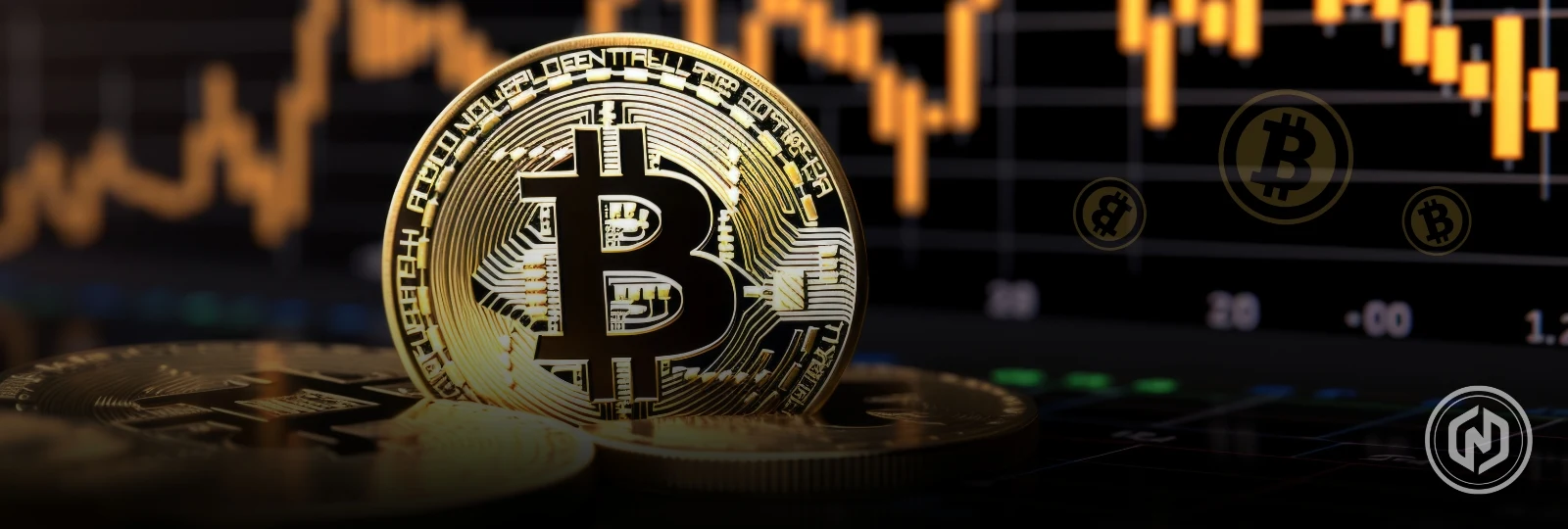Germany’s largest savings bank network, Sparkassen, will launch Bitcoin trading services by summer 2026, sparking euphoria in the crypto community.
This shows a major shift for the traditionally conservative institution, which serves over 50 million customers across 370 local banks.
JUST IN: 🇩🇪 One of Germany’s largest banking groups, Sparkassen, is adding Bitcoin trading services for retail client accounts — Bloomberg pic.twitter.com/WlsCoRaGyu
— Bitcoin Magazine (@BitcoinMagazine) June 30, 2025
Sparkassen’s announcement once again proves Bitcoin’s growing mainstream adoption in Europe’s largest economy.
The surge in crypto-friendly banking services across Europe directly follows the European Union’s implementation of the Markets in Crypto-Asset Regulation (MiCAR). It established the world’s first unified legal framework for digital assets across member states.
Notably, the German Savings Banks Association (DSGV) credited MiCAR’s regulatory clarity, combined with rising customer demand, as the dual drivers behind their strategic shift, saying:
“Therefore, we will enable interested self-determinants to access DekaBank’s crypto offering via the Sparkassen app in the future.”
Sparkassen Takes U-Turn From Its Anti-Crypto Stance
Just three years ago, the bank advised against crypto services. Earlier, the German bank was blocking any incoming or outgoing bank transfers linked to cryptocurrency. But now, with the growing popularity of cryptocurrency, 38% of its younger customers demand access to digital assets.
With the launch, Sparkassen’s customers will be able to buy and sell Bitcoin through its existing mobile app. The service will include daily trading limits and strict identity checks. DekaBank, the group’s securities arm, is developing the trading platform.
Germany has become Europe’s crypto leader with 23 licensed custodians. New EU-wide MiCA regulations taking effect in 2026 made this move possible.
While the U.S. is gearing up for wider crypto adoption with a clear regulatory framework, its banking sector is also preparing to integrate crypto-based financial services into its traditional system.
For example, JPMorgan’s CEO earlier said that the U.S. banking industry will embrace cryptocurrencies for payments if regulators allow it. “If the rules come in and make it a real thing that you can actually do business with, you’ll find that the banking system will come in hard on the transactional side of it,” he said.
Europe has emerged as the world’s leader in crypto-friendly banking, with more than 50 financial institutions across the continent now providing digital asset services, including trading platforms, secure custody solutions, staking rewards programs, crypto payment processing, and specialized banking services for blockchain companies.
This rapidly growing adoption will put Europe far ahead of North America and Asia in terms of traditional banks embracing cryptocurrency offerings. This shows the region’s progressive regulatory environment and growing institutional demand for digital asset infrastructure.
Rivals like Deutsche Bank may now face pressure to launch their own crypto services. The move could accelerate crypto adoption across Europe’s traditional finance sector.
Also Read: Supreme Court Denies Privacy Appeal in Coinbase IRS Case


